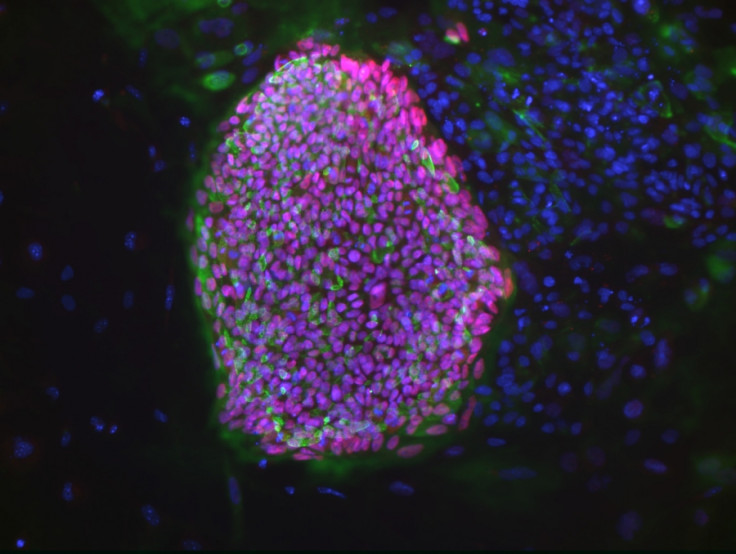Stem Cells Made Using Human Cloning Technique 'Hold Potential Cure for Diabetes'

Stem cells made using a human embryo cloning technique hold a potential cure for diseases such as diabetes, researchers have said.
In what is being described as a breakthrough in stem cell-based therapies, scientists at the New York Stem Cell Foundation created the first disease-specific embryonic stem cell line with two sets of chromosomes.
Published in the journal Nature, the scientists derived embryonic stem cells by adding the nuclei of adult skin cells into unfertilised donor egg cells using a technique called somatic cell nuclear transfer (SCNT).
The researchers created embryonic stem cells from an adult donor with type 1 diabetes. They made stem cells and insulin–producing beta cells.
Study leader Dieter Egli, from NYSCF, said: "From the start, the goal of this work has been to make patient-specific stem cells from an adult human subject with type 1 diabetes that can give rise to the cells lost in the disease.
"By reprograming cells to a pluripotent state and making beta cells, we are now one step closer to being able to treat diabetic patients with their own insulin-producing cells."
At first the stem cells created were triploid – they had three sets of chromosomes – so could not be used for new therapies. However, researchers overcame this problem by demonstrating the ability to make a patient-specific stem cell line with just two sets of chromosomes.
"We don't have a favourite cell type, and we don't yet know what kind of cell is going to be best for putting back into patients to treat their disease."
Susan Solomon, chief-executive officer and co-founder of NYSCF
People with type 1 diabetes lack beta cells that produce insulin, meaning they suffer from insulin deficiency and high blood-sugar levels. Producing beta cells from stem cells for transplantation means there is potentially a treatment and a cure for the disease.
Because the stem cells are made using the patient's own skin cells, replacement therapy would be from the patient's matching DNA.
Generating these beta cells is the first step in developing complete cell replacement therapy for people with type 1 diabetes, where the person's immune system attacks its own beta cells. Researchers are now looking for ways to protect existing and therapeutic beta cells from attack.
As well as diabetes, researchers believe their technique could be used to develop personalised stem cell therapies for other diseases including multiple sclerosis, liver disease and Parkinson's disease.
"I am thrilled to say we have accomplished our goal of creating patient-specific stem cells from diabetic patients using somatic cell nuclear transfer," said Susan Solomon, chief-executive officer and co-founder of NYSCF.
"I became involved with medical research when my son was diagnosed with type 1 diabetes, and seeing today's results gives me hope that we will one day have a cure for this debilitating disease.
"The NYSCF laboratory is one of the few places in the world that pursues all types of stem cell research. Even though many people questioned the necessity of continuing our SCNT work, we felt it was critical to advance all types of stem-cell research in pursuit of cures. We don't have a favourite cell type, and we don't yet know what kind of cell is going to be best for putting back into patients to treat their disease."
© Copyright IBTimes 2024. All rights reserved.






